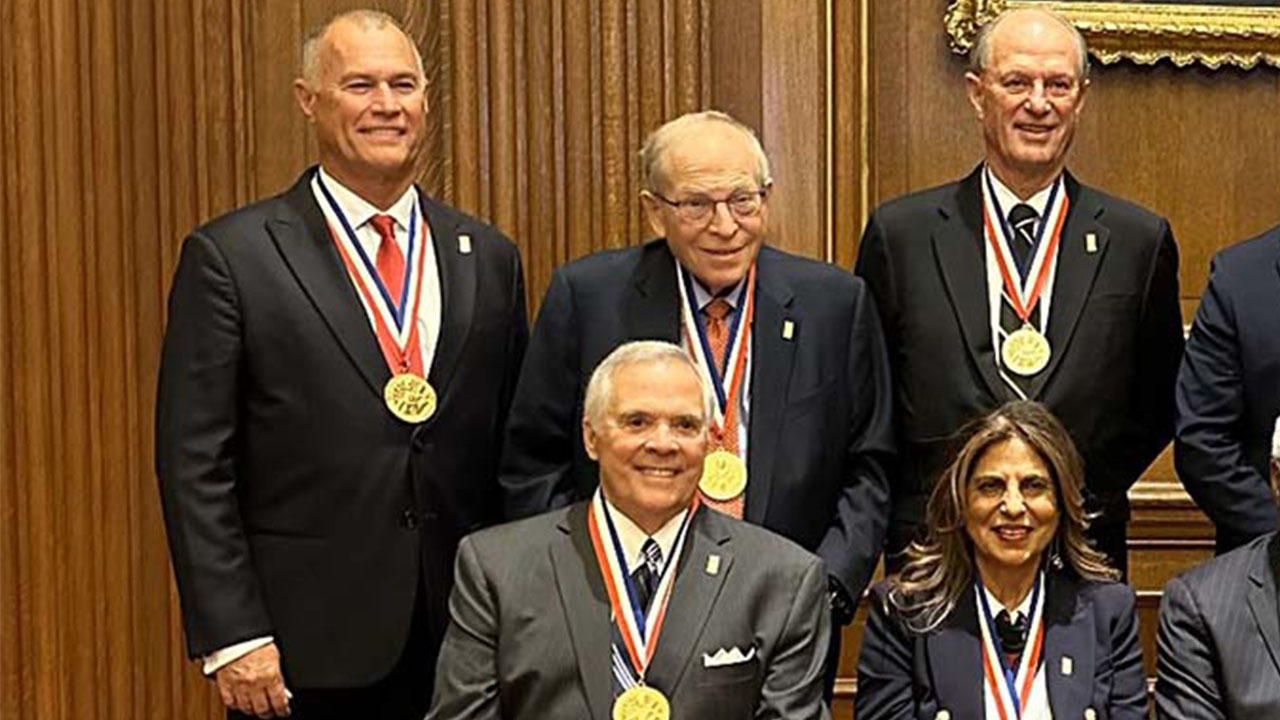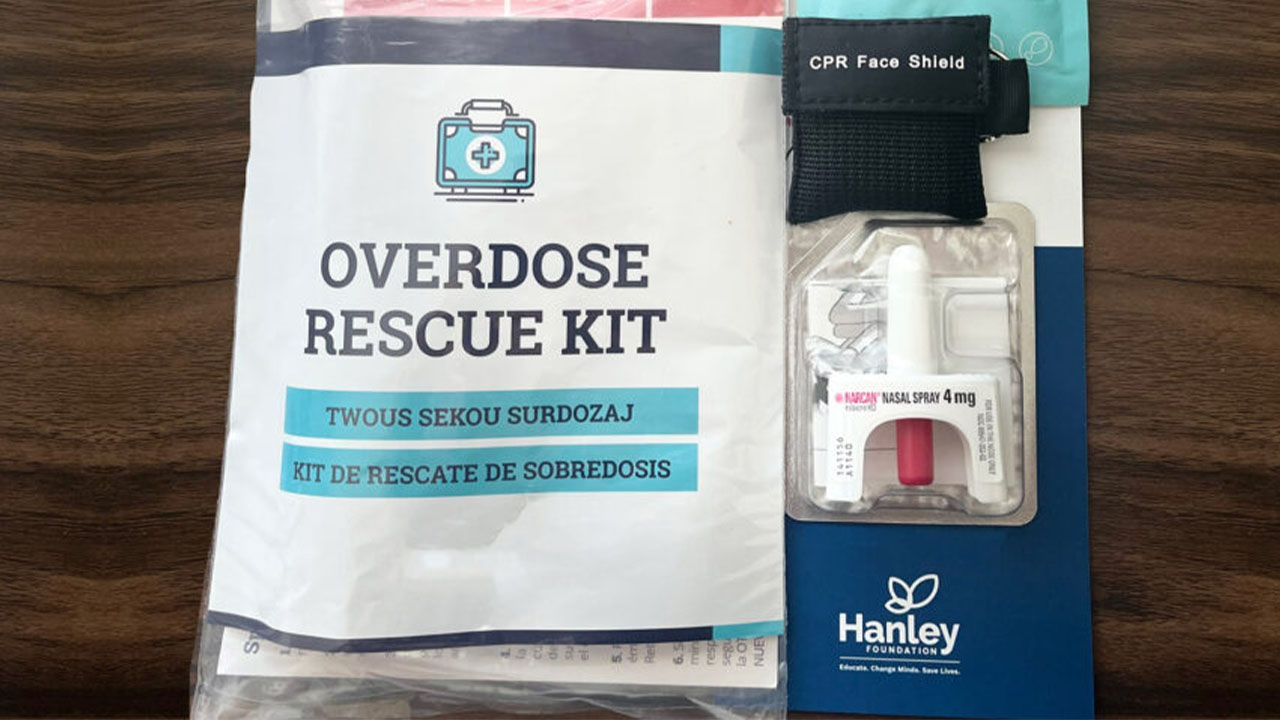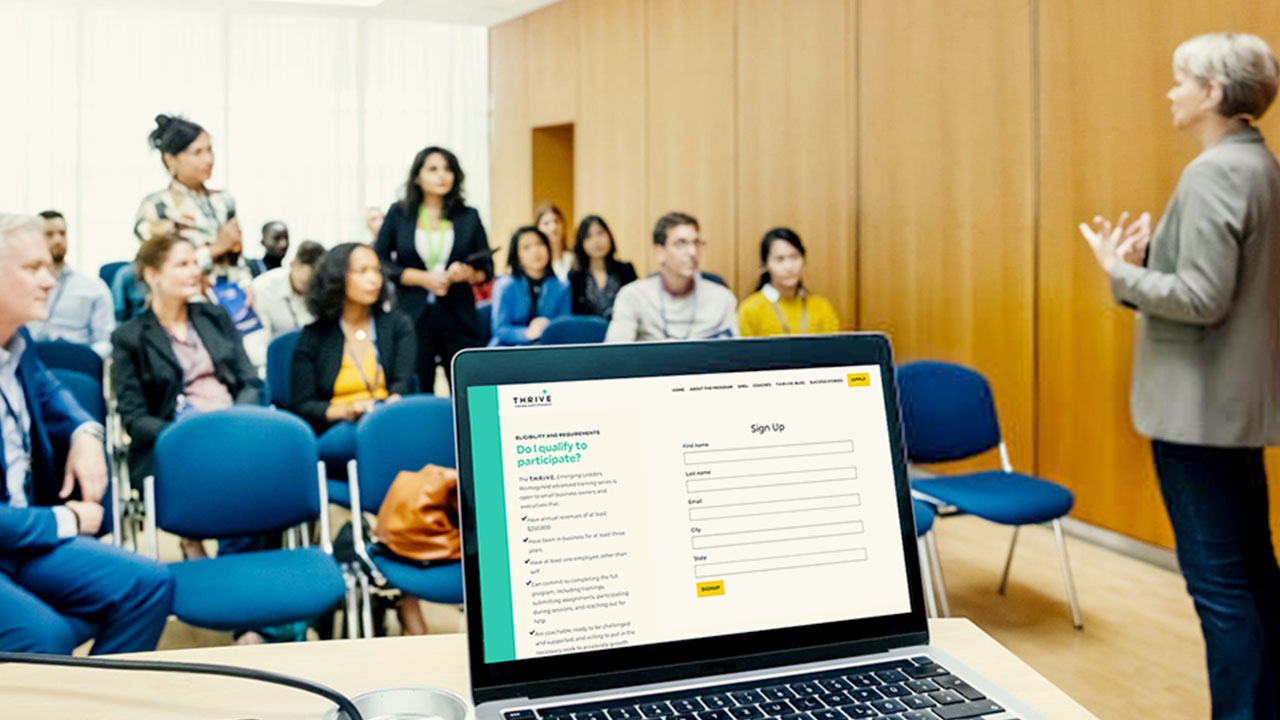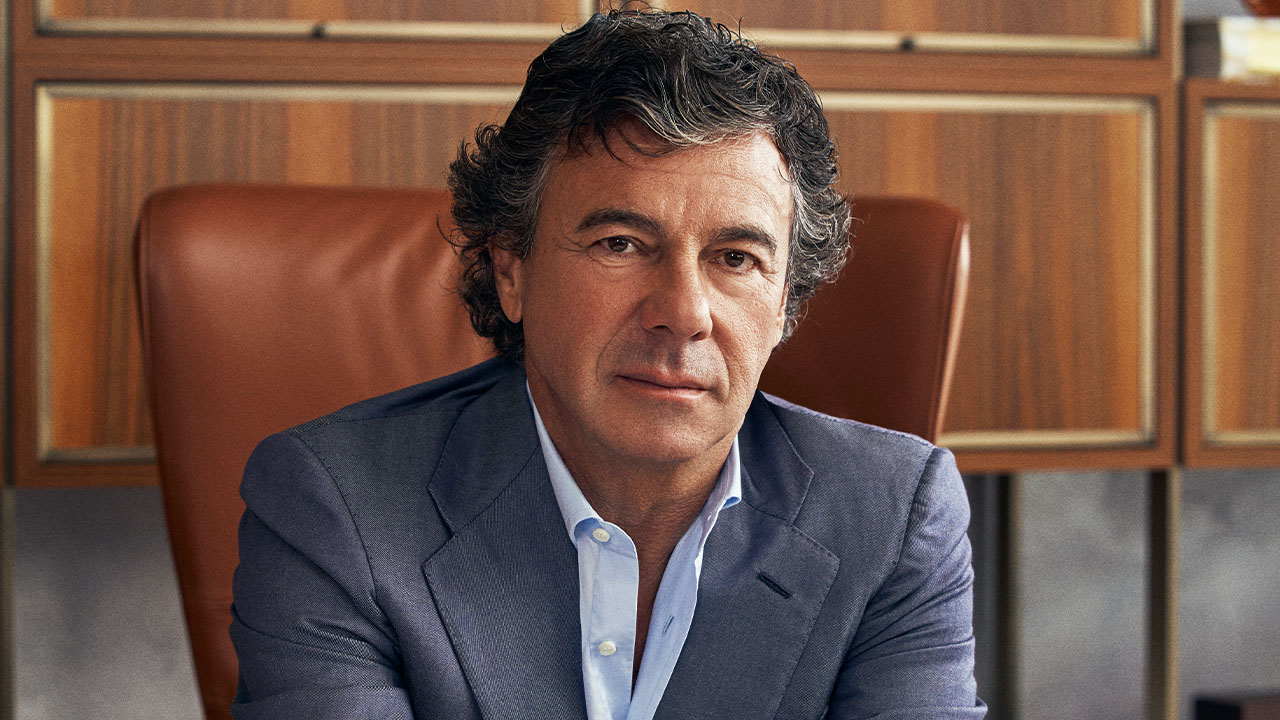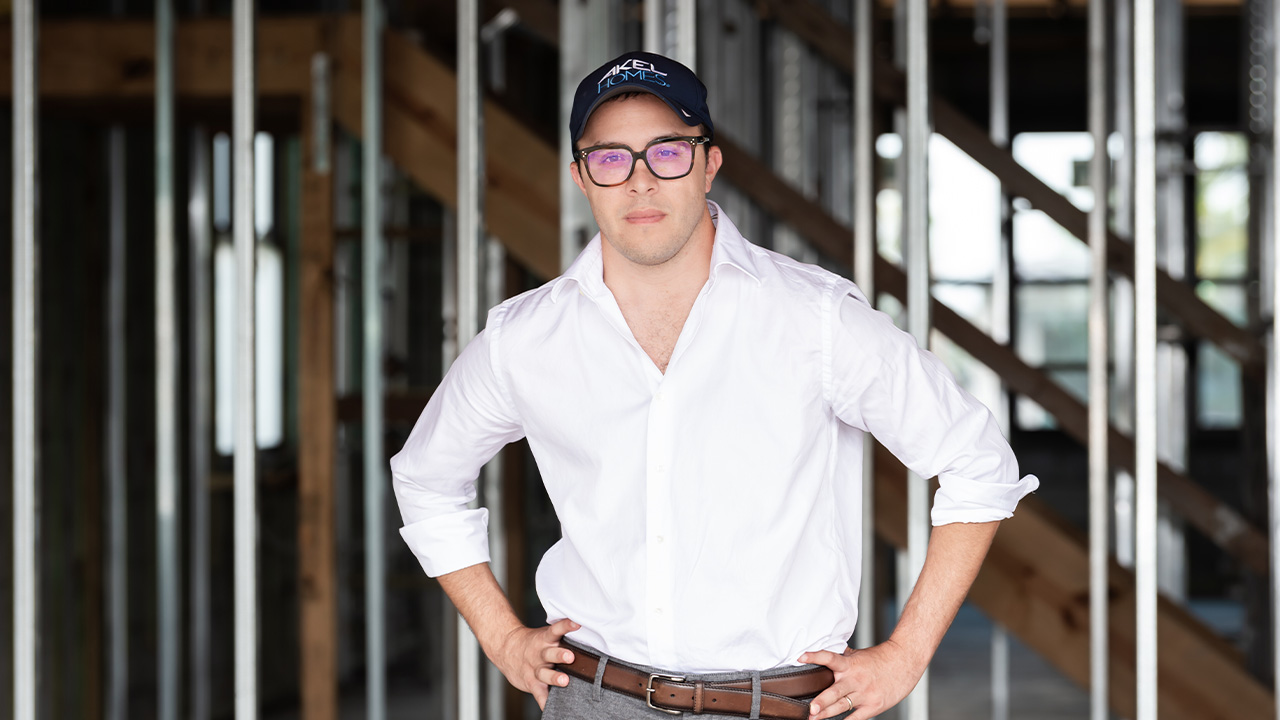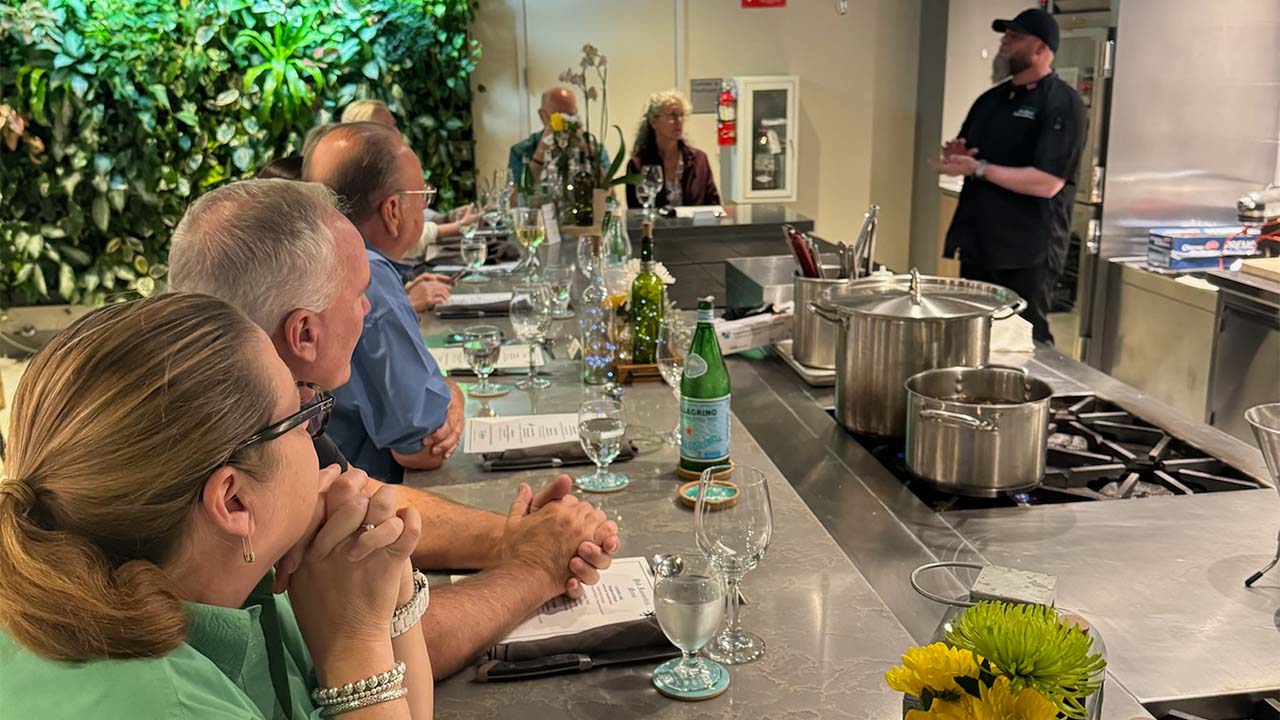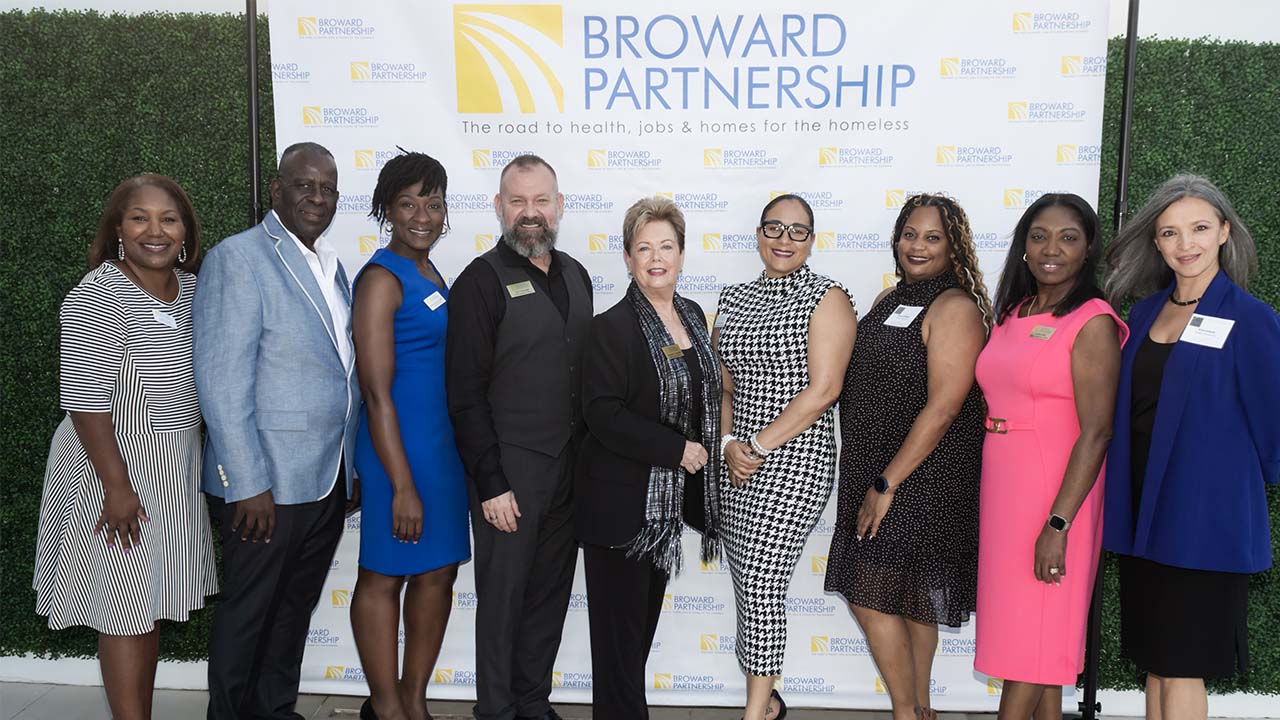As part of SFBW’s Virtual Connect series, Lifestyle Media Group chairman and CEO Gary Press hosted a roundtable talk about the business and societal benefits of diversity in both hiring and supply procurement.
Mildred Coyne, Broward College’s senior vice president of workforce education and innovation, moderated a discussion among Anthea Pennant, district director of supplier relations and diversity at Broward College; Susana Robledo, founder and CEO of Cube Care Company; and Faith-Simone Hunte, diversity and inclusion leader for Broward Health.
PRIME PILLARS
COYNE:
As we look at the role business plays in equity, it’s important that we explore the topic of socially responsible business practices by digging into corporate hiring and procurement strategy. Faith-Simone, Broward Health is among the largest employers in Broward County, and your role is focused on diversity, equity, and inclusion. What does diversity, equity, and inclusion look like?
Hunte:
For us, diversity is the presence of differences within our organization. We are all from different backgrounds and different cultures. Inclusion is where you allow those different employees to feel accepted and valued—a sense of belonging. Equity is where you allow access to individuals, regardless of their differences, to the opportunities that come up within the organization.
COYNE:
Tell us about your role in diversity, inclusion and equity at Broward Health.
Hunte:
We champion diversity, inclusion and equity at Broward Health by focusing all of our initiatives on three pillars: the workforce, our patients and the community. With our workforce, we have focused on our recruitment efforts to ensure that we’re improving access for members of our community, especially our underserved community. We provide concierge services through partnering organizations such as NAHSE, the National Association for Health Services Executives. They have a robust program where they train employees at an entry level, mid-level management, and executive level. They recently implemented the Stars Program in partnership with us, and we provide services such as practice interviews, résumé writing and so on, in order to prepare community members for those opportunities that come up in our organization. In addition to that, we make sure that our listings for open positions are posted to diverse sites, whether it be women-based websites or particular cultures or particular industries. So we ensure that we’re reaching a diverse pool of candidates. We’ve also worked on creating a more robust diversity and inclusion training program in our organization where we have unconscious bias training for all levels as well as for our clinical employees. We are a health care organization, so we want to make sure that we provide culturally competent care.
COYNE:
Susana, one of the things we’ve heard about Cube Care is that it builds on values it refers to as the four pillars. Can you share what those four pillars are and how they developed around the issue of equity?
Robledo:
They are integrity, solutions, value and quality. With integrity, we want to be able to get trust from our customers. We want long-lasting relationships. We want to make sure that we follow through on our obligations and have transparency with our staff. If somebody does something incorrectly, we don’t wait six months to let them know. We immediately address them to not only stop it but prevent gossip and that type of obscurity. We want them to know where they stand at all times with us, so they feel secure about their position. Another pillar is value. For us, it’s being able to be on-call 24 hours, it’s being able to stock products for customers very quickly, it’s managing their inventory, and giving them peace of mind. And one of the things that is valuable to our customers—some of them being Broward Health, Memorial Health, Broward General—is our community involvement. Our actions go all the way up the line to serve the whole community. Then we have solutions. A lot of people think I’m very innovative and I come up with all of these products. I just listen very well, and when customers have problems, there’s an opportunity for us to bring a solution to them. Disposable curtains came out of a need. A customer needed something that was disposable because they couldn’t afford cubicle curtains. And we recently came out with a brand-new product, which is disposable bedding, developed through this whole pandemic. And quality, for me, is what has kept us going. It’s just being able to outdo ourselves every single time. We’re not in competition with anybody but we are trying to make an effort to continue to improve. To always bring the best product forward and not skimping on things.
COYNE:
Anthea, I know that Cube Care is one of the vendors of Broward College that you work with through our supplier diversity program. For people who don’t understand the role of supplier diversity and its importance to businesses, can you share some insights?
Pennant:
People often get supplier diversity confused with supply chain management. It is a part of supply chain management, but what it boils down to is that you are seeking a diverse group of suppliers. There are some people that think supplier diversity is affirmative action for only minority businesses, but it is extraordinarily inclusive. It includes small businesses of up to 500 employees. It includes white-owned business, veterans, Black-owned businesses, women-owned businesses, Hispanic-owned businesses, Asian-owned businesses. It is a concept that is inclusive that is designed to share wealth across sectors. When you are doing business with diverse companies, they bring innovation to the table. Most Fortune 500 companies have already adopted the idea of supplier diversity because it impacts their bottom line. The more small businesses you bring into your supply chain, the more the dollar multiplies, because they’re taking those dollars into their communities. Then the folks from those communities are now purchasing your goods and services. There’s also the benefit of government contracting. A lot of government contracts require that you do business with small and minority-owned companies. So if you are already doing that, if you already have a supplier diversity individual [for] whom that is their focus, you are a shoo-in for accessing government contracts.
PARTNER UP
COYNE:
What are the standards that your organization uses that you think may be good practices for other businesses to incorporate to get started in diversity in procurement or hiring?
Pennant:
Hire a professional to drive that aspect of the business, because not enough companies are doing that. And, when you establish a diversity program, have a set goal to achieve so you can measure the accomplishment. And make sure that there is top-down commitment, that those in higher-level positions are committed to driving those spend goals. Don’t just have a program on paper, work actively to spend dollars and be more intentional about it.
Hunte:
Take part in collaborative efforts with other organizations. For example, Broward College and Broward Health are anchor institutions that are part of the South Florida Anchor Alliance. We’re working collectively to pool our resources in order to improve the communities that we both serve. We’ve also collaborated with Equality Florida to assist us with development of resources so that we are able to provide culturally competent care for our community, especially our LGBT community, and our other diverse community members. We have partnered with Black Men in White Coats to help to improve diversity with our physicians.
Robledo:
I grew up in an underserved community. As I was growing up, I realized that a lot of the young kids were getting into trouble and going to jail. I happen to have known some of them and knew that they were really smart. As I grew up, I realized the difference between them and me. I was able to take advantage of the education I was given and the opportunities that came up and they were not. So when I was put in a position where I could make a change, I remembered those people. I wanted to give them an opportunity. So we partnered with a halfway house locally that would allow us to bring some of these gentlemen in. At first, my staff was upset. They thought we’re going to bring some killer into the company. But then they realized that these people are hard-working, they want to be integrated back into society, they’ve paid their dues, and they’re trying to be better. These people are so eager to prove themselves, to be given a second opportunity, and they work really hard to make that happen. We can see the change that we have made in them. Breaking that cycle is what’s going to improve our community. We don’t want to spend any more dollars on caring for people in jail. We’d rather spend those dollars on educational programs to help these people stand on their feet. They’ve already lost years of time.
COYNE:
Often there are concerns about whether some communities have the skill sets to move the business forward when companies are thinking about diversifying their workforce. How did you overcome that obstacle?
Robledo:
Most of the people that we hire are entry level, and entry level staff tend to jump from job to job and not build any skill set. These people from the halfway house are assigned to us, and it is our job to train them. They have to graduate from us. So we both win. Their graduation means, for them, being able to go on to freedom and have a set of skills that are transferrable to other corporations. We benefit from not having high turnover by getting them trained and having them there. We know that they are there all the time because they are living at the halfway house. They’re not wandering around, they’re coming every day, they’re being monitored. They’re getting a sense of what it is to be in the workforce and what is expected in today’s society vs. 10 years ago or 20 years ago. Giving them those skills is important for them to make it out of their halfway house.
COYNE:
Faith-Simone, as you’re trying to attract a more diverse workforce, what practices do you have to build the skills sets that they need to be successful?
Hunte:
We partner with Broward College very often in doing training for certain subsets of our employee population. We identify the needs of our organization, communicate that with Broward College directly, and/or through the South Florida Anchor Alliance, and they are usually able to develop training programs and provide resources to us. I keep mentioning South Florida Anchor Alliance because they provide a wealth of resources for us. As anchor institutions, we have other partners such as Career Source Broward that are able to provide training, sometimes free of cost, to the underserved population. Access to a full-blown college education is sometimes limited but at least they are able to get training to be able to enter the workforce.
PERILS AND PITFALLS
COYNE:
Can you share some examples that haven’t worked, or haven’t gone far enough?
Pennant:
Often times, corporations have a supplier diversity program but it’s operating on a lower level. I’m grateful that I work for an organization where President [Gregory] Haile is saying, yes, these are the goals and we have a policy, but we expect our departments to drive those numbers to help to spend those dollars. This is how we can help you, because we’ve identified small and minority-owned businesses that would be a good match for the goods and services that you are buying. It needs to come from the leadership down. But it’s also about looking at how diverse your spend is. Broward College has done a phenomenal job. We exceeded our goals last year and also received the 2020 Florida State Minority Corporation of the Year award because of our attitude and advocacy in supplier diversity. We’re doing a great job but we’re holding ourselves to do more.
Hunte:
With our recruitment efforts, when we tried to do the concierge program, we haven’t been able to expand it to reach as many community organizations as we would like because of the limitations of our internal resources. On that end, it hasn’t been as robust as we would like it to be. That is a goal and a future focus for us. It will aid us in our initiatives through SFAA as well as partnering with Broward Up to focus on those particular ZIP codes when it comes to hiring and giving access. It’s a challenge we’ll take on. We have implemented mandatory diversity panel inclusion in our hires for the leadership level. I think that is something that helps also by holding our leaders accountable to ensuring that we are looking at a diverse pool of candidates for leadership, mid-level, and entry-level positions in our organization.
Robledo:
One of the main ways that we do our hiring is through word-of-mouth, and we do it through our own staff. Our staff gets engaged and they’ll go out and send Facebook messages to their friends, and this is how they bring back the candidates. Whoever we hire becomes what we call a mentor-protégé under that person. They are guided through the system and learn how to do certain things. The other thing we do is look within to hire our leadership. Our leaders have grown with the business. Some of them have been in entry-level positions at one point, so they understand the whole array of what the company entails. Some of them have been with us since the inception of the company. We have been lucky to have these people as pillars. It creates a sense of loyalty and a sense of family. It has helped us foster and bring other people in.
Press:
You know, Dr. Coyne, that I’m a big fan of Broward Up. Can you give us a synopsis of what Broward Up is?
Coyne:
Up stands for unlimited potential. At Broward College, we believe that everyone should be able to achieve their unlimited potential. We are expanding our business model to make sure that we have equity and access and education attainment for the communities that have the highest unemployment and the lowest education attainment levels. There are six ZIP codes that we have identified first. We’re calling those our Broward Up communities. We are partnering with community agencies and municipalities to offer free workforce skills training in those communities as well as just understanding that college is a possibility for everyone. We realized that there were these six ZIP codes with really low education attainment levels, of around 27 percent. We know that alignment to the marketplace requires about 65% of our community to have postsecondary credentials beyond high school. So if we have 73% of these communities that can’t access the jobs that are available to them, we know that we as a community we have to do better. We’ve built a neighborhood-centric model supported by and worked very collaboratively on with community agencies and partners like Boys & Girls Club, Jack & Jill Children’s Center, the Urban League, Broward County Housing Authority and the libraries. They provide us free spaces so we can offer free training. It’s gone incredibly well in the first two years. We’ve served over 2,500 residents in those six ZIP codes, making sure that they get access to the training that they have available to them.
Press:
Here’s a question from a viewer. If a company wants access to resources and info on how they can do a better job in hiring and supplier diversity, is there a website that they can go to or some organization they can speak to?
Pennant:
If you want to partner with a great organization that speaks to supplier diversity, the Florida State Minority Development Council is a great place to start. Both Susana and I are board members there and we can attest to the fact that you will be nurtured, cared for and trained. And, of course, at Broward College we stand ready to support your initiative in supplier diversity. I’m considered an expert in some sectors and I’m happy to share my knowledge in how to establish a supplier diversity program.
Hunte:
I think the Society for Human Resources is also a great resource when it comes to diversity hiring information, as well as Diversity Inc., and the HR ABC website as well.
TALENT POOL
Press:
Another question: What would you say is the biggest challenge in diversity hiring?
Hunte:
In many organizations, diversity hiring tends to be placed in the HR department, so everyone thinks that HR is responsible for diversity and that’s it. That’s a challenge that many organizations face. When you have a leadership that understands that it starts at the top, and that buy-in starts at the top, and that success starts at the top, you will be more successful.
COYNE:
I think it will require some innovation. When we had 2.6% unemployment in Broward County, we’d hear employers say that they just can’t find the talent. One of the questions that we would ask is, where are you looking? Because we know that there are communities of need that have 12% to 15% unemployment right in our own backyard. So we are partnering with companies now to create memorandums of understanding so that we can partner with them to build a training bridge for residents and communities who may not have otherwise had access to the training and weren’t eligible to compete for the jobs that were available.
Pennant:
Through our Broward Up Business Commission, we are building a collaborative of corporations and we’re guiding them as to how to effectively become more engaged in our communities.
Press:
Last question: As jobs are lost amid COVID, talented individuals will be applying for positions that may not seem like an automatic fit on paper, but perhaps they have skills that are transferrable. Is Cube Care viewing pandemic-era applications in that light?
Robledo:
Absolutely. Some people may not look like your typical fit, but we are also not your typical business. What we look for in someone besides the basic skills that will get them through the job is that they have the right attitude to be a part of our culture. If they belong to our culture, then everybody in the company will foster them as part of the family and everybody will get them trained. When we make that type of investment in a person, that person becomes very loyal.




